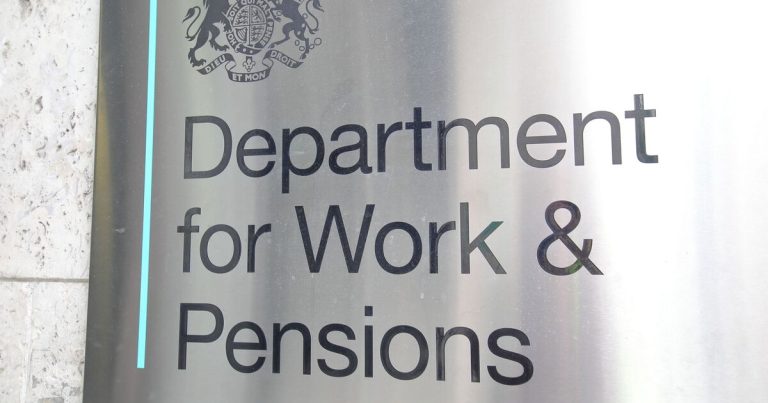
Britons are missing out on billions of pounds worth of pension savings because they’ve forgotten or lost the details of their pots.
Recent data published by the Pensions Policy Institute (PPI) shows the total value of lost pension pots has increased by £4.5 billion between 2022 and 2024, bringing the total to £31.1 billion.
Almost 3.3 million pension pots are now considered “lost”, containing an average sum of £9,470, rising to £13,620 among people aged 55 to 75 according to AJ Bell.
Research suggests the rising number of lost pensions is driven by people switching jobs and automatic enrolment into workplace pensions.
Rachel Vahey, head of public policy at AJ Bell, said: “Automatic enrolment is often held to be one of the most successful public policies of our time. It is credited with enrolling over 11 million people into a workplace pension since 2012, creating many new pension savers.
“But with people switching jobs regularly – around 11 times over the course of a lifetime according to some estimates – it’s easy to see how some people end up losing track of the pension pots they have built up.
“Lost pension wealth has now hit a staggering £31.1billion, according to the Pensions Policy Institute (PPI).
“This means millions of people could be in danger of facing an incomplete picture when it comes to their long-term financial planning, potentially missing out on thousands of pounds of disconnected pension money.”
Ms Vahey noted that knowing how much is saved in a pension and where that money is invested is one of the “most important steps” savers can take to maintain a level of control over their future retirement.
People can use services, such as the Government’s Pension Tracing Service or Gretel, To source lost pensions.
Along with using pension tracing tools, Becky O’Connor, director of public affairs at PensionBee, shared a few more practical tips to help savers keep better track of their pension savings throughout their lives.
Ms O’Connors said: “Losing track of hard-earned pension savings is unfortunately more common than many savers realise.
“Missing savings can have a significant impact later in life, potentially forcing millions to work longer than necessary to afford a comfortable retirement.”
Firstly, Ms O’Connor recommended keeping all contact details updated. She explained: “Changes in personal contact information are inevitable over the years.
“Savers should ensure they inform their pension providers of any changes to their home address, phone number, or email. If providers are unable to reach savers, important correspondence may be missed, leading to lost savings. Offering secondary contact details as a backup is also advisable.”
Additionally, people should inform providers of name changes. If a saver changes their name – due to marriage or other reasons – they should inform their pension providers.
Ms O’Connor said: “Discrepancies in names can make it difficult for providers to locate previous pension records, increasing the risk of losing those pots.
Another important tip is to keep hold of paperwork. Ms O’Connor noted that important documents include provider names, policy numbers, and any additional retirement benefits.
For savers with multiple pension pots, consolidation can simplify management and reduce administrative burdens.
Ms O’Connor said: “It’s advisable to combine old workplace pensions into a personal pension each time a job changes, creating a single “home” pot to manage until retirement. This approach also allows savers to better assess their overall retirement savings and contributions.”




